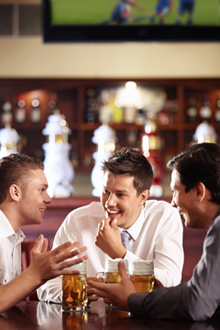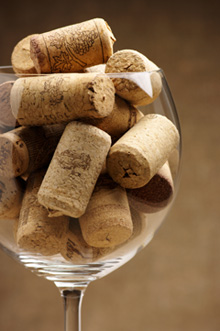The Joint Industry Code
for the Responsible Promotion & Retail of Alcohol in Northern Ireland (2012)
Home
The Joint Industry Code for the Responsible Promotion and Retail Sale & Supply of Alcohol to Consumers in Northern Ireland was launched on the 23rd May 2012 followed by a three month period of adjustment to allow the industry to adapt to the new measures. The 1st Edition of the Code came into force on 1st September 2012, the 2nd Edition on 31st July 2014 and the 3rd Edition on 1st April 2018. The 4th Edition will come into force on 1st January 2026. The 4th edition has been updated to reinforce that the Code applies to all licensed premises and registered clubs in Northern Ireland and therefore refers to sale/supply throughout. Licensees sell their product to consumers and registered clubs supply their product to their members and guests. The Code has a new title to reflect this – “The Responsible Promotion and Retail Sale and Supply of Alcohol to Consumers in Northern Ireland”.
The Code was originally produced on a voluntary basis and it outlines the basic standards expected of those involved in the promotion and retail service/supply of alcohol in Northern Ireland. It promotes best practice to prevent alcohol being irresponsibly promoted or sold/supplied, and offers clear and measurable standards. It applies across the industry including the on and off trades. With complaints about producers referred to the Portman Group in the first instance, this Code will cover any other complaints that do not fall within the Portman Group’s remit.
The Department for Communities intends to approve the Code with effect from 1st January 2026. The Code will be enforceable from that date and it will no longer be voluntary. There will be no opt-out for any licensee or registered club as, from that date, the Courts must take the Code into consideration when granting or renewing a licence or registration (S76F Licensing (NI) Order 1996 & S41K Registration of Clubs (NI) Order 1996).
Whether a particular promotion is irresponsible will often depend on its context and how it is managed. For example, a promotion which offers 3 drinks for the price of 2 may be responsible if it is served to a group of 3 friends, but could be irresponsible if served to 1 individual. In all cases it will be up to the promoter to demonstrate that the promotion is responsible, for example, by including a message such as “share with your mates”, and staff training and monitoring.
If a person feels a promotion is irresponsible in the context of the Code they can make a complaint to the Independent Complaints Panel that oversees the Code (see paragraph 25 of the Code).



